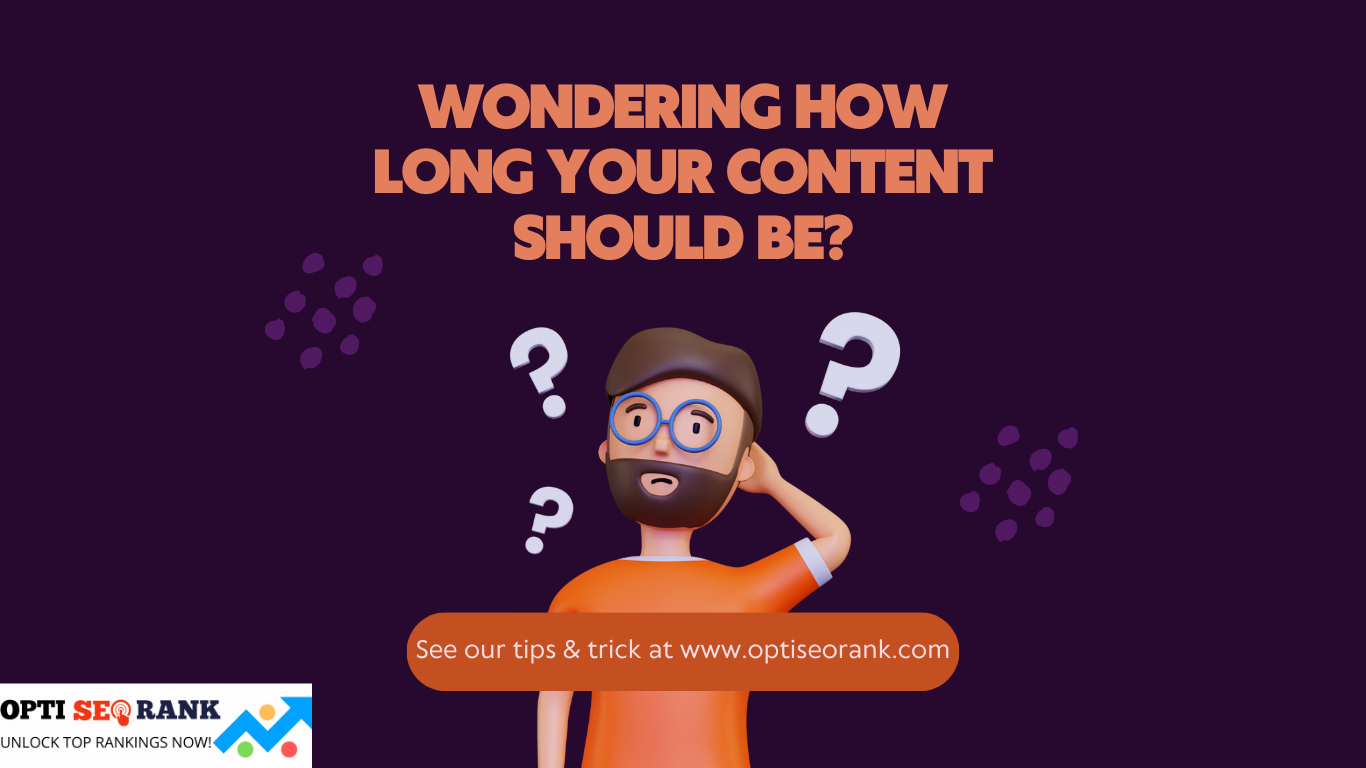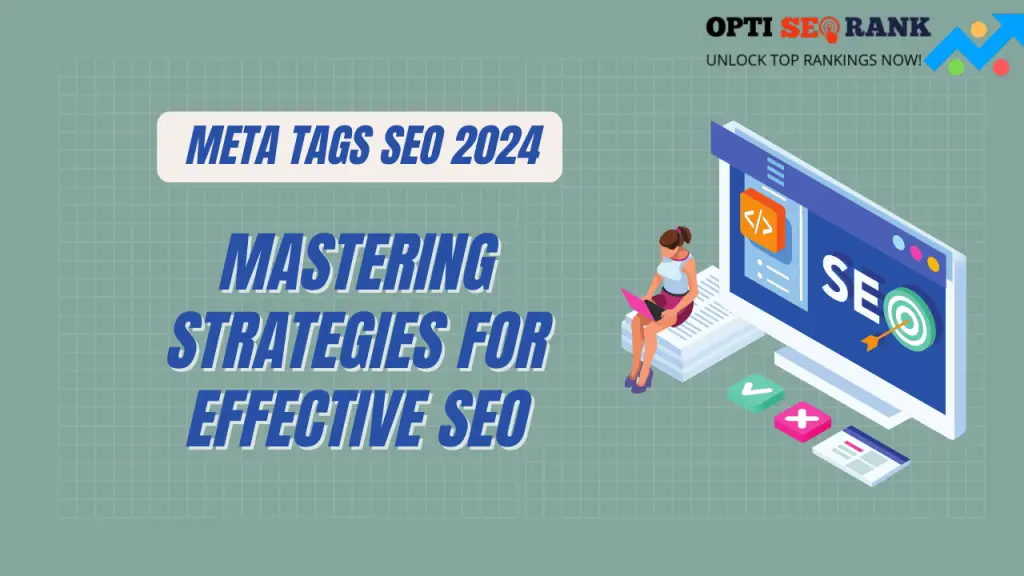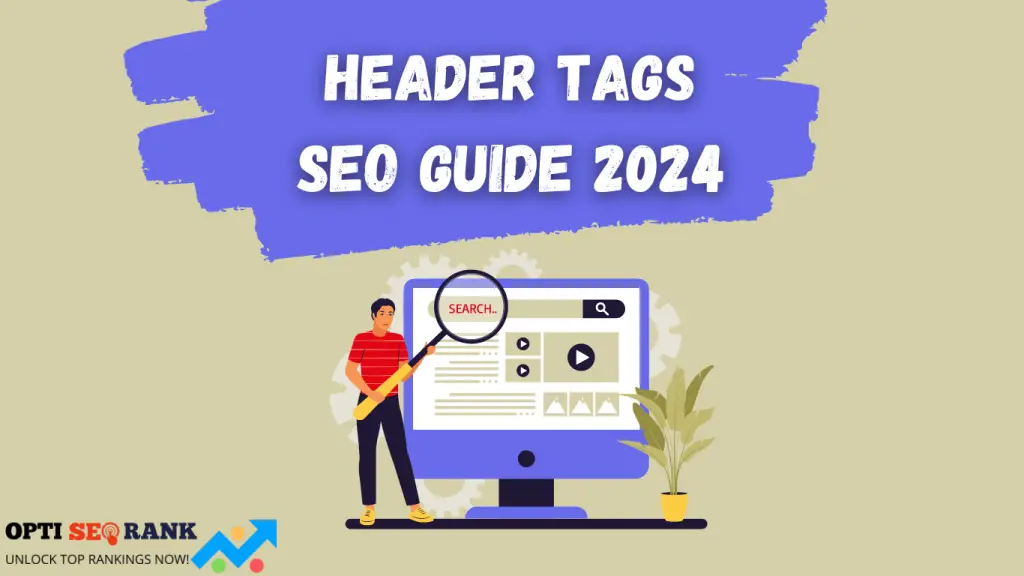Ideal content length varies but generally, longer content tends to rank higher in search engines. Aim for 1,500 to 2,500 words for optimal SEO performance.
Creating engaging content that ranks well in search engines involves balancing quality and length. Search engines favor comprehensive articles that thoroughly cover a topic. While shorter posts can be informative, longer content often provides more value to readers. Articles between 1,500 and 2,500 words tend to perform best in search engine rankings.
This length allows for in-depth discussion, proper use of keywords, and increased chances of backlinks. Striking the right balance ensures your content is both informative and SEO-friendly, helping attract and retain readers while boosting your site’s visibility.
Introduction To Content Length
Understanding the ideal content length is crucial for SEO success. Your content needs to be just right, not too short and not too long. This is often referred to as the Goldilocks principle of SEO. Let’s dive into why content length matters and debunk some common myths.
Importance Of Content Length
Content length affects your website’s ranking on search engines. Longer content can provide more information, which can be valuable for readers. It also allows for more keywords, which can help your SEO.
But, shorter content has its benefits too. It is easier to read and digest. People often prefer quick, concise information. Finding the right balance is key.
Common Myths
There are many myths about content length. One myth is that longer content always ranks better. This is not true. Quality is more important than quantity.
Another myth is that short content is useless. Short content can be very effective if it provides value. It is about what you say, not how much you say.
Some believe that word count is all that matters. This is not the case. Engagement and relevance are critical too. Search engines look at many factors, not just length.
Factors Influencing Ideal Length
Understanding the factors influencing ideal length is key to crafting effective content. Different variables dictate how long your content should be. These include audience intent and industry norms. Let’s dive deeper into these aspects.
Audience Intent
Audience intent is crucial for determining the right content length. If your audience seeks detailed guides, longer content is ideal. For quick tips, shorter pieces work best.
- Detailed Guides: Aim for 2000-3000 words.
- Quick Tips: Keep it between 500-800 words.
- Product Reviews: 1000-1500 words can be sufficient.
Understanding your audience’s needs helps tailor content length. This ensures higher engagement and better SEO performance.
Industry Norms
Industry norms also impact the ideal content length. Different industries have varying standards for content depth. For example, tech articles usually require in-depth explanations.
| Industry | Ideal Length |
| Technology | 1500-2500 words |
| Health & Wellness | 1000-2000 words |
| Finance | 1200-1800 words |
| Travel | 800-1500 words |
Align your content with industry standards. This improves your credibility and ranking. Understanding these norms helps you produce content that resonates with your readers.
Short-form Content Benefits
Short-form content offers several advantages for SEO and user engagement. This type of content is typically concise, making it easy for readers to digest quickly. Let’s explore the key benefits.
Quick Readability
Short-form content is perfect for users with limited time. They can quickly understand the main points without feeling overwhelmed. This makes it ideal for busy professionals and casual readers alike.
Quick readability improves user experience. It encourages visitors to stay on your site longer. A pleasant reading experience often leads to higher engagement rates.
Higher Engagement
Short-form content often results in higher engagement. Readers are more likely to share and comment on content they can quickly understand.
Higher engagement can boost your site’s visibility. This helps in attracting more visitors and potential customers. Short-form content also works well on social media platforms. These platforms favor brief, engaging posts over lengthy articles.
Long-form Content Advantages
Long-form content offers many benefits for your website. It provides detailed information and improves SEO. Let’s explore these advantages in detail.
Detailed Information
Long-form content allows you to cover topics thoroughly. You can provide more comprehensive details and answer all potential questions. This makes your content more valuable to readers.
With more space, you can include examples, case studies, and data. This helps to build trust and authority in your niche. Readers appreciate well-researched and in-depth articles.
Here are some elements you can include in long-form content:
- In-depth analysis
- Step-by-step guides
- Detailed comparisons
- Expert interviews
- Extensive FAQs
Better Seo
Search engines favor long-form content. Longer articles rank higher on search result pages. This is because they provide more valuable information.
Long-form content allows for more keywords and related phrases. This helps to improve your site’s SEO. You can naturally include more internal and external links as well.
Here are some SEO benefits of long-form content:
- Higher search rankings
- Increased organic traffic
- More backlinks from other sites
- Better user engagement
Creating long-form content takes time. But the benefits for your SEO and reader engagement are worth it. Invest in long-form content to see your website thrive.
Case Studies
Understanding the ideal content length can be tricky. Different lengths work for different purposes. Let’s explore some case studies to understand this better. We’ll look at successful short posts and effective long articles.
Successful Short Posts
Short posts, typically under 500 words, are quick and engaging. They are great for social media and news updates. Here are some examples:
| Website | Type of Content | Word Count |
| BuzzFeed | Listicles | 300-400 |
| Tweets | 280 characters |
Short posts are also easy to share. They can drive quick engagement and increase user interaction.
Effective Long Articles
Long articles, usually over 1500 words, provide in-depth information. They rank well on search engines and cover topics comprehensively. Here are some examples:
- Neil Patel Blog: SEO guides with 3000+ words
- Moz: Detailed marketing strategies with 2000-2500 words
Long articles often include:
- Detailed research
- Case studies
- Expert opinions
These articles are perfect for educational content and how-to guides. They keep readers engaged and can be a valuable resource.
Tools For Measuring Content Length
Measuring content length is crucial for effective SEO. Knowing the right tools helps. Let’s explore some of the best tools for this purpose.
Word Count Analyzers
Word count analyzers are essential for tracking content length. They help you ensure your posts meet the ideal word count. Here are some popular tools:
- WordCounter.net: This tool provides an accurate word count. It also shows character count.
- Character Counter: This tool counts words and characters. It’s easy to use.
- Online-Utility.org: A versatile tool that offers word count. It also checks grammar.
Seo Plugins
SEO plugins are powerful tools. They help you optimize your content and ensure it meets SEO standards. Here are some top plugins:
| Plugin Name | Features |
| Yoast SEO | Word count, readability analysis, keyword optimization. |
| All in One SEO | Content length analysis, meta tags optimization, XML sitemaps. |
| Rank Math | Word count, focus keyword analysis, internal linking suggestions. |
These tools provide valuable insights for creating SEO-friendly content. They ensure your posts are neither too short nor too long, just like Goldilocks would prefer.
Balancing Quality And Quantity
Balancing quality and quantity is crucial for successful SEO. You need to create content that is both informative and engaging. Finding the right length for your content is key. The Goldilocks rule suggests not too short, not too long, but just right.
Avoiding Fluff
To avoid fluff, focus on the core topic. Each word should add value. Use short sentences and simple words. Your readers should understand your content easily.
Avoid repeating the same ideas. This makes your content boring. Instead, introduce new information or perspectives.
- Stay on topic.
- Use bullet points for clarity.
- Keep sentences short.
- Remove unnecessary words.
Ensuring Value
Quality content must provide value. Think about what your readers want. Answer their questions and solve their problems.
Use reliable sources and include data or statistics where needed. This builds trust with your readers.
| Aspect | Action |
| Accuracy | Check facts and sources. |
| Relevance | Stay on the main topic. |
| Clarity | Use simple language. |
Understand your audience.- Research your topic well.
- Write in simple language.
- Use data and examples.
By following these tips, you can balance quality and quantity effectively. This ensures your content is just right.
Actionable Tips
To master the Ideal Content Length Rule, follow these actionable tips. These tips help you create content that is neither too short nor too long. Find the perfect balance to keep your readers engaged and improve your SEO.
Optimal Length For Blogs
Blog length impacts reader engagement and search engine ranking. Ideal blog length varies depending on your goals. Here’s a simple table to guide you:
| Blog Type | Word Count |
| Short-Form | 300-600 words |
| Standard | 600-1,200 words |
| Long-Form | 1,200-2,500 words |
| Epic | 2,500+ words |
Short-form blogs are great for quick reads. Use them for news updates or brief tips. Standard blogs work well for most topics. They provide enough detail without overwhelming your readers.
Long-form blogs are perfect for in-depth articles. Use them for tutorials or comprehensive guides. Epic blogs are for cornerstone content. These are detailed and cover all aspects of a topic.
Adjusting For Different Platforms
Different platforms have different ideal content lengths. Adjust your content to fit each platform’s best practices. Here are some tips:
- Twitter: Keep tweets short and sweet. Aim for 70-100 characters.
- Facebook: Posts should be around 40-80 characters. Shorter posts get more engagement.
- LinkedIn: Articles should be 1,500-2,000 words. This length gets the most shares.
- Instagram: Captions should be brief. Aim for 138-150 characters for higher engagement.
- Pinterest: Descriptions should be around 200-300 characters. This helps with searchability.
Adjusting your content for each platform ensures you maximize engagement. It also helps you make the most of each platform’s strengths.
Frequently Asked Questions
What Is The Optimal Content Length For Seo?
The optimal content length for SEO is 1,500 to 2,000 words. Longer content ranks better and engages readers. Quality and relevance are crucial.
What Is The Optimal Length For Seo Title?
The optimal length for an SEO title is 50-60 characters. This ensures it displays fully in search results, improving click-through rates.
How Long Should Content Length Be?
Content length should be between 1,500 to 2,000 words for optimal SEO. Aim for quality and relevance.
What Is The Ideal Blog Length For Seo 2024?
The ideal blog length for SEO in 2024 is 1,500 to 2,500 words. Aim for in-depth, high-quality content.
Conclusion
Finding the ideal content length is crucial for SEO success. Balance quality and quantity to engage readers and satisfy search engines. Aim for thorough, valuable content that meets audience needs. Experiment with different lengths to determine what works best. Keep content relevant and engaging to maintain reader interest.



